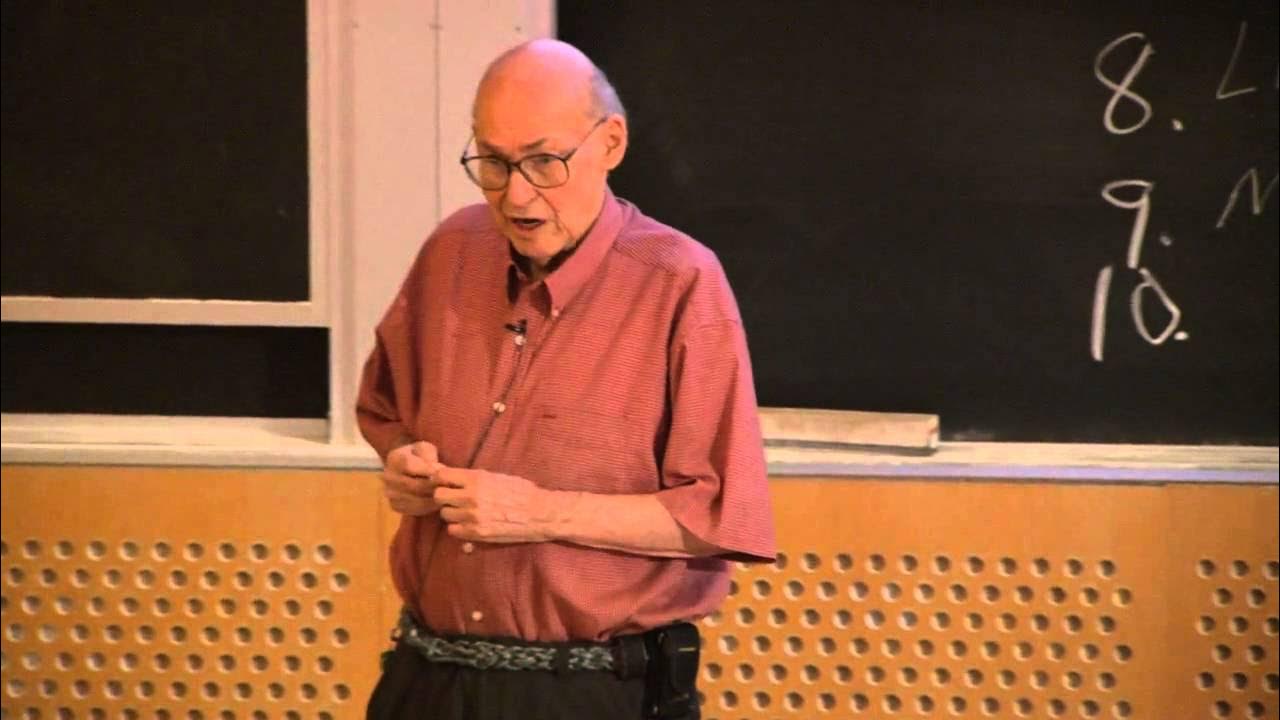TSA (Thinking Skills Assessment) Tips and Tricks
Jesus College Oxford
29 Oct 202027:08
Summary
TLDR马特·威廉姆斯是牛津大学耶稣学院的访问研究员,他在视频中更新了关于思考技巧评估(TSA)的考试技巧。由于2020年新冠疫情的影响,TSA考试将不再提供纸质试卷,因此他建议考生将注释转移到其他允许的介质上。他强调了考试对智力耐力的测试,并提供了多项选择部分和论文写作的技巧。威廉姆斯通过分析2019年TSA考试的最后五个问题,分享了如何提高解题效率的策略,并提供了写作论文的关键建议。
Takeaways
- 😷 2020年由于新冠疫情,TSA考试将不再有纸质试卷,考生需适应在无纸化条件下进行考试。
- 📝 考生可以将注释转移到其他允许的书写介质上,比如纸张或小白板。
- 💡 TSA考试不仅测试智力,更考验在持续的智力压力下的表现,需要考生有良好的身心状态。
- 🥇 牛津大学招生时,TSA成绩的微小差异可能导致排名的巨大变化,因此保持最佳状态至关重要。
- 🍽️ 考生需要保证充足的休息、饮食和水分,以维持考试时的精力。
- ✅ 考试时先读题目再读其他信息,可以提高效率,避免重复阅读。
- 🔢 解决问题时,明确关键变量,忽略无关信息,有助于快速解题。
- 📉 理解题目中的逻辑结构,如'如果不是P,则不是Q',有助于清晰解题。
- 📊 通过逻辑推理而非直觉判断,可以更准确地解答选择题。
- 📝 写作部分,要紧扣题目要求,使用题目中的关键词,确保回答切题。
- 🔑 写作时,明确回答问题,逻辑清晰,避免偏题,是获得高分的关键。
Q & A
马特·威廉姆斯在牛津大学的哪个学院担任访问研究员?
-马特·威廉姆斯在牛津大学的耶稣学院担任访问研究员。
2020年TSA考试因为什么情况发生了重大变化?
-2020年TSA考试因为冠状病毒大流行而发生了重大变化,考生将不再有纸质试卷。
在没有纸质试卷的情况下,考生应该如何进行注释?
-考生可以将注释转移到其他允许的书写介质上,如一张纸或一个小白板。
TSA考试主要测试什么能力?
-TSA考试主要测试学生的智力耐力,而不仅仅是解决问题和批判性思考的能力。
在TSA考试中,为什么后面的题目感觉更难?
-后面的题目感觉更难是因为考生在考试后期会感到疲劳,但这并不意味着它们实际上比前面的题目更难。
在TSA考试的多项选择部分,马特·威廉姆斯有什么答题技巧?
-马特·威廉姆斯建议先读题目,再读其他信息,以提高效率。
马特·威廉姆斯在视频中提到了哪种类型的逻辑论证?
-马特·威廉姆斯提到了形式逻辑中的论证类型,特别是'如果不是p,那么不是q'的论证形式。
在TSA考试中,为什么考生需要照顾好自己的身体和心理状态?
-因为TSA考试是一场智力耐力的马拉松,考生需要确保在考试时身心处于最佳状态。
马特·威廉姆斯在视频中提到了哪几种类型的题目?
-马特·威廉姆斯提到了批判性思维题、解决问题题和空间推理题。
在TSA考试的论文部分,马特·威廉姆斯有什么写作技巧?
-马特·威廉姆斯建议在论文写作中识别并重复使用问题中的关键词,确保精确回答问题。
马特·威廉姆斯在视频中提到了哪些关于TSA考试的重要提示?
-马特·威廉姆斯提到了考试技巧、照顾好自己、以及如何高效答题等重要提示。
Outlines

此内容仅限付费用户访问。 请升级后访问。
立即升级Mindmap

此内容仅限付费用户访问。 请升级后访问。
立即升级Keywords

此内容仅限付费用户访问。 请升级后访问。
立即升级Highlights

此内容仅限付费用户访问。 请升级后访问。
立即升级Transcripts

此内容仅限付费用户访问。 请升级后访问。
立即升级Rate This
★
★
★
★
★
5.0 / 5 (0 votes)
相关标签
TSA考试逻辑推理考试技巧智力挑战牛津大学学术指导时间管理思维训练策略分析教育视频





